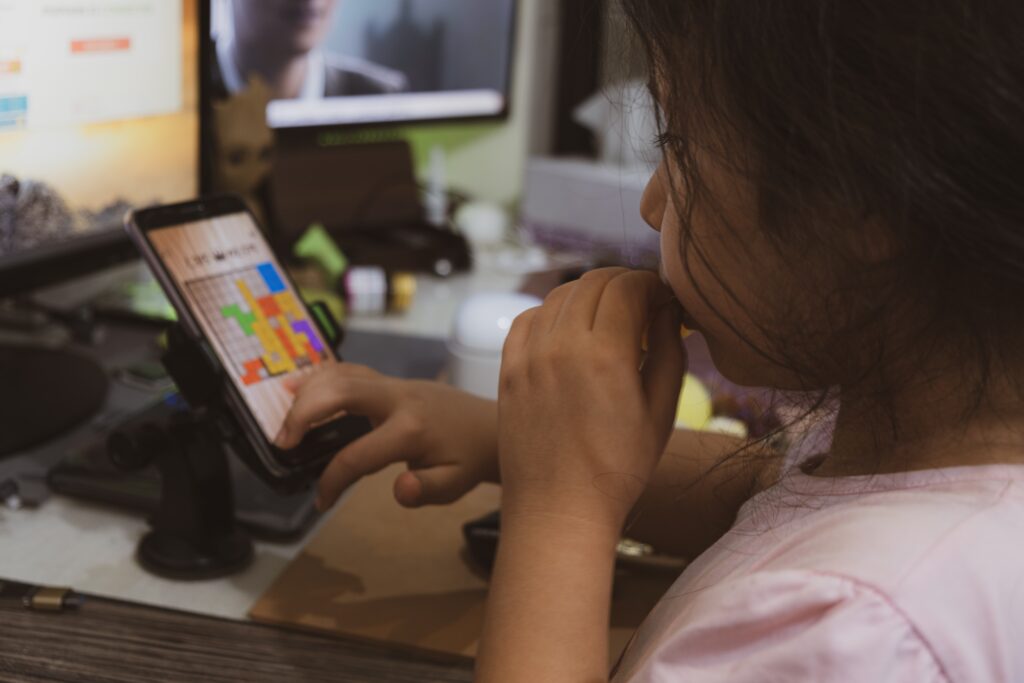This is a major issue that we are facing now where technology is not just a luxury but a necessity. It seems as if our children are born with an innate ability to understand and use gadgets that we ourselves are not sure of. At every turn, I see children engrossed in their IPADs, iPods, smartphones, TV, and video games during every occasion be it meal times, traveling in cars, waiting at bus stops, and even when they are at parties. I find this rather disturbing because it seems as if children do not know how to interact with each other and even find it hard to engage in play or conversation whenever they are left without their gadgets.
It is then our responsibility to understand the effects of screen time before encouraging or discouraging our children from being so preoccupied with it. The American Academy of Pediatrics discourages media use by children younger than age 2 and recommends limiting older children’s screen time to no more than one or two hours a day. Too much screen time has been linked to:
Obesity. The more screen time your child watches, the greater his or her risk of becoming overweight. Having a TV in a child’s bedroom also increases this risk. Children can also develop an appetite for junk food promoted in TV ads, as well as overeat while watching TV.
Irregular sleep.The more screen time, the more likely they are to have trouble falling asleep or to have an irregular sleep schedule. Sleep loss, in turn, can lead to fatigue and increased snacking.
Behavioral problems. Young children who spend more than two hours a day watching TV or using a computer are more likely to have emotional, social, and attention problems. Exposure to video games is also linked with an increased risk of attention problems in children. Watching excessive amounts of TV at age 4 is linked with bullying at ages 6 through 11.
Impaired academic performance. Due to the lack of concentration and lack of emotional control, children tend to perform worse on tests than those who don’t watch much TV.

Violence. Too much exposure to violence through media — especially on TV and video games— can desensitize children to violence. As a result, children might learn to accept violent behavior as a normal way to solve problems.
Less time for play. Excessive screen time leaves less time for active, creative play.
Evidence from an increasing number of research studies suggests that limiting a child’s screen time is the best approach. Screen time includes watching television and using the internet and other electronic devices such as mobile phones, tablets and video games.
Children get more sleep, do better in school, behave better and see other health benefits when parents limit content and the amount of time their children spend on the computer or in front of the TV, according to a study by Iowa State University published in March in JAMA Pediatrics.
The facts are revealing information to us that we cannot ignore. But to deprive our children altogether of whatever that seems ‘evil’ may not be the solution too. My opinion has always been on ‘moderation’. Whatever we allow our children to do or not to do must be monitored. First of all, we have to establish rules and limits so that what is permitted may be beneficial and not harmful. This also teaches the children self-control where he or she knows that it is their responsibility to know when to stop.

